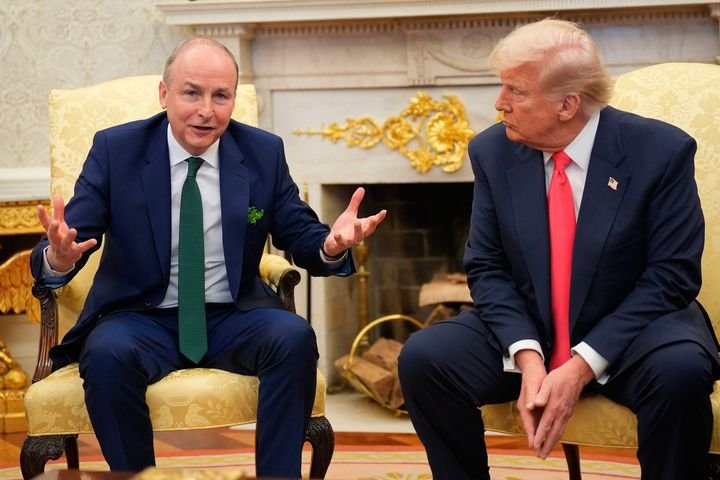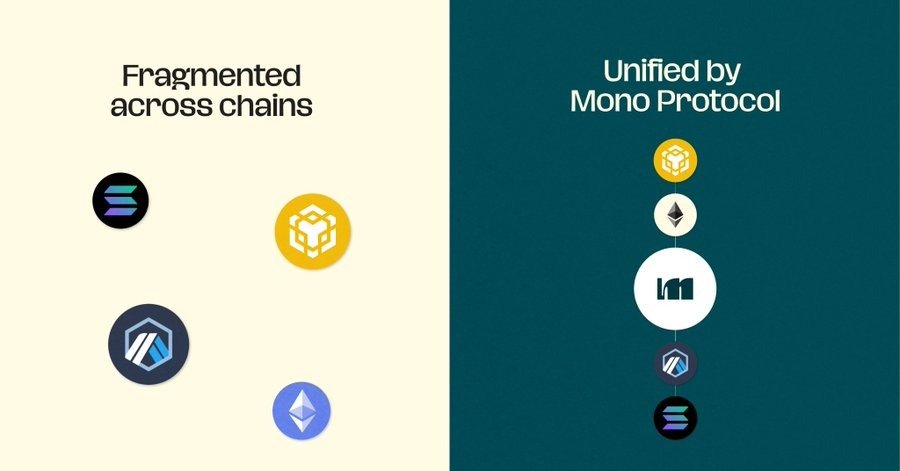Car Bombings and Hostage-Taking in Prisons Underscore Ecuador’s Fragile Security

QUITO, Ecuador — Ecuador’s fragile security situation was underscored Thursday by a series of car bombings and the hostage-taking of more than 50 law enforcement officers inside various prisons, just weeks after the country was shaken by the assassination of a presidential candidate.
Ecuador’s National Police reported no injuries resulting from the four explosions in Quito, the capital, and in a province that borders Peru, while Interior Minister Juan Zapata said none of the law enforcement officers taken hostage in six different prisons had been injured.
Authorities said the brazen actions were the response of criminal groups to the relocation of various inmates and other measures taken by the country’s corrections system. The crimes happened three weeks after the slaying of presidential candidate Fernando Villavicencio.
The corrections system, known as the National Service for Attention to Persons Deprived of Liberty, in recent years lost control of large prisons, which have been the site of violent riots resulting in dozens of deaths. It has taken to transferring inmates to manage gang-related disputes.
In Quito, the first bomb went off Wednesday night in an area where an office of the country’s corrections system was previously located. The second explosion in the capital happened early Thursday outside the agency’s current location.
Ecuador National Police Gen. Pablo Ramírez, the national director of anti-drug investigations, told reporters on Thursday that police found gas cylinders, fuel, fuses and blocks of dynamite among the debris of the crime scenes in Quito, where the first vehicle to explode was a small car and the second was a pickup truck.
Authorities said gas tanks were used in the explosions in the El Oro communities of Casacay and Bella India.
The fire department in the city of Cuenca, where one of the prisons in which law enforcement officers are being held hostage is located, reported that an explosive device went off Thursday night. The department did not provide additional details beyond saying the explosion damaged a car.
Zapata said seven of prison hostages are police officers and the rest are prison guards. In a video shared on social media, which Zapata identified as authentic, a police officer who identifies himself as Lt. Alonso Quintana asks authorities “not to make decisions that violate the rights of persons deprived of their liberty.” He can be seen surrounded by a group of police and corrections officers and says that about 30 people are being held by the inmates.
Ecuadorian authorities attribute the country’s spike in violenc
Be the first to write a comment.



